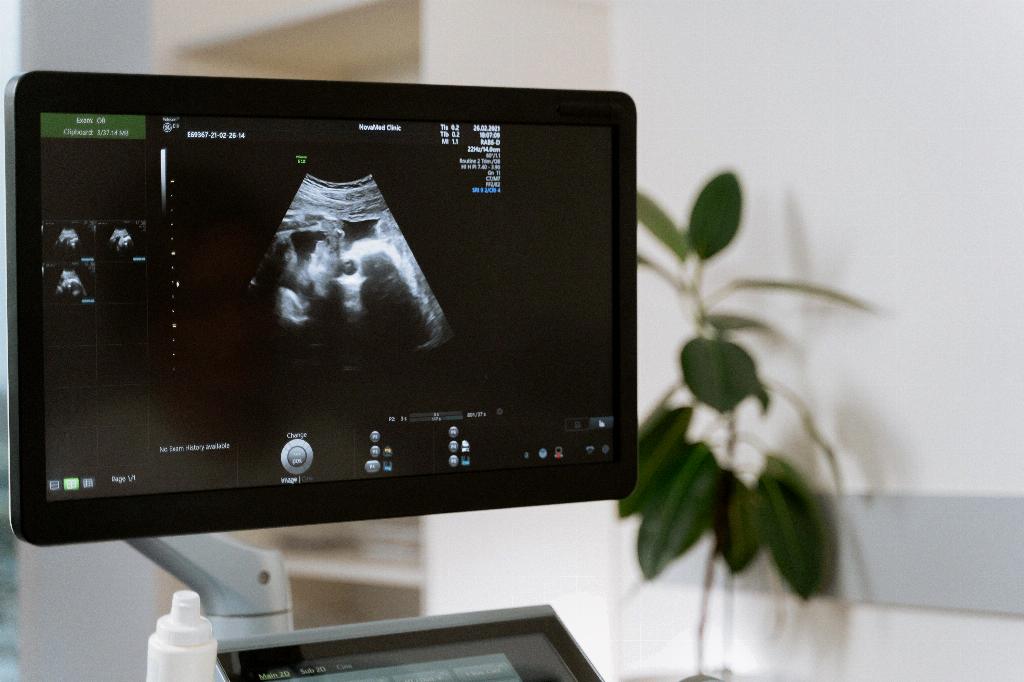When it comes to determining the best time to have sex and not get pregnant, understanding your menstrual cycle is crucial. The typical menstrual cycle lasts about 28 days, although this can vary from person to person. It consists of several phases, including menstruation, the follicular phase, ovulation, and the luteal phase.
Identifying Your Fertile Window
Your fertile window is the time during your menstrual cycle when pregnancy is most likely to occur. This window can vary depending on the length of your cycle and the regularity of your ovulation. Ovulation typically occurs around the middle of your cycle, approximately 14 days before your next period.
Factors that Affect Fertility
Several factors can influence your fertility and the likelihood of getting pregnant. These include the regularity of your menstrual cycle, the lifespan of sperm and egg, as well as external factors such as stress and overall health.
Least Fertile Days
The days before and during menstruation are generally considered the least fertile days of the menstrual cycle. During this time, the uterus sheds its lining, and the chances of conception are significantly lower.
Short Menstrual Cycles
For individuals with shorter menstrual cycles, ovulation can occur shortly after their period ends. This means that the fertile window may be earlier in the cycle compared to those with longer cycles.
The 21-Day Rule
There is a common belief that there are approximately 21 days in the menstrual cycle during which pregnancy is less likely to occur. These days are typically considered the safest for engaging in sexual activity without the risk of conception.
Tracking Ovulation
Tracking your ovulation can help you pinpoint the most fertile days of your cycle. This can be done through methods such as tracking basal body temperature, changes in cervical mucus, or using ovulation predictor kits.
Timing Intercourse
To reduce the risk of unintended pregnancy, it is recommended to avoid unprotected intercourse during your fertile window. By being aware of when you are most likely to ovulate, you can plan accordingly to have sex during less fertile periods of your cycle.
Using Contraception
While timing intercourse can help reduce the risk of pregnancy, the most effective way to prevent unwanted pregnancies is by using contraception. There are various methods available, including condoms, birth control pills, intrauterine devices, and contraceptive implants.
Consulting a Healthcare Provider
If you have concerns about pregnancy prevention or want personalized advice on contraception, it is recommended to consult with a healthcare provider. They can offer guidance on the most suitable birth control options based on your individual needs and preferences.
Conclusion
Ultimately, understanding your menstrual cycle, identifying your fertile window, and taking appropriate precautions are key steps in determining the best time to have sex and avoid pregnancy. By staying informed and proactive about your reproductive health, you can make informed decisions that align with your pregnancy goals.

